Future Faith 1
Al Krummenacher
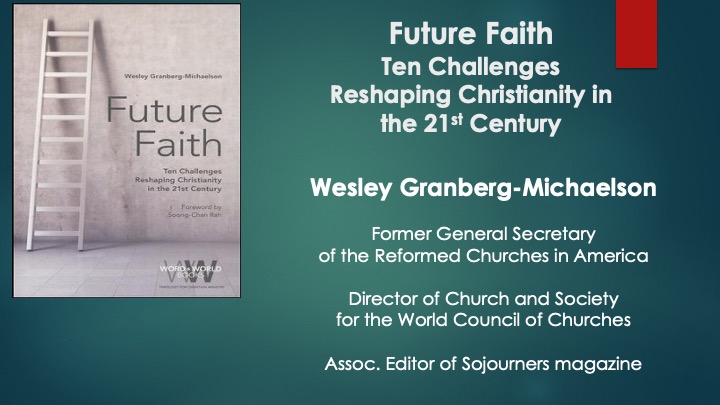
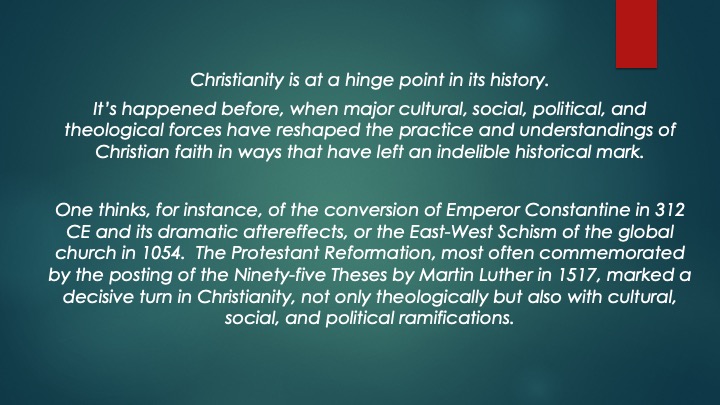
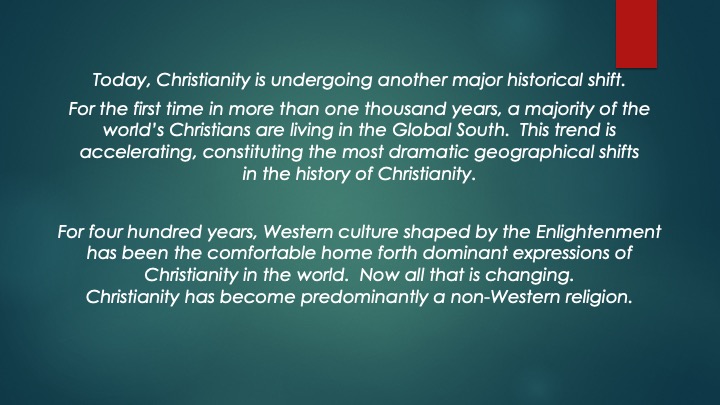
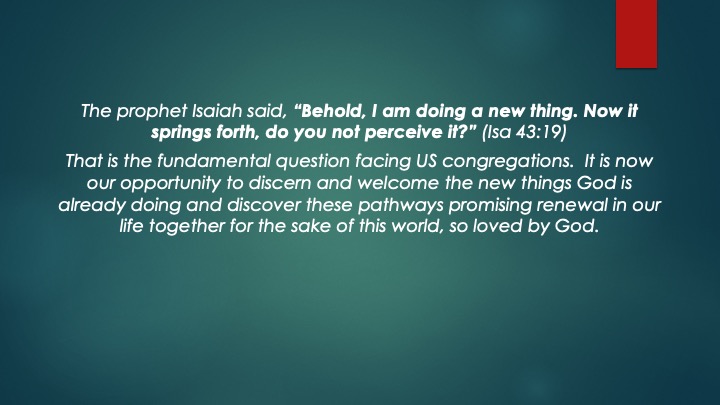

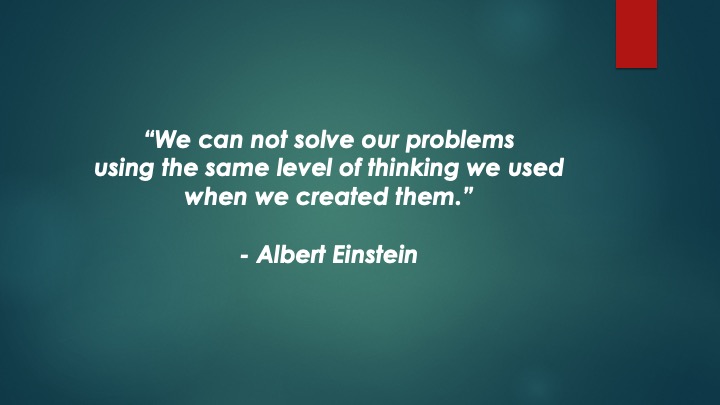
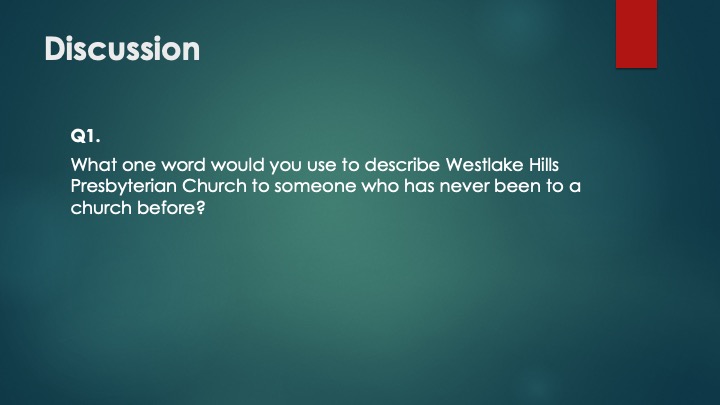
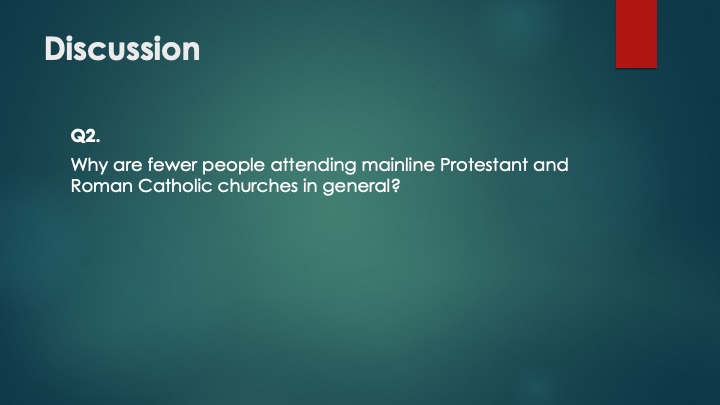
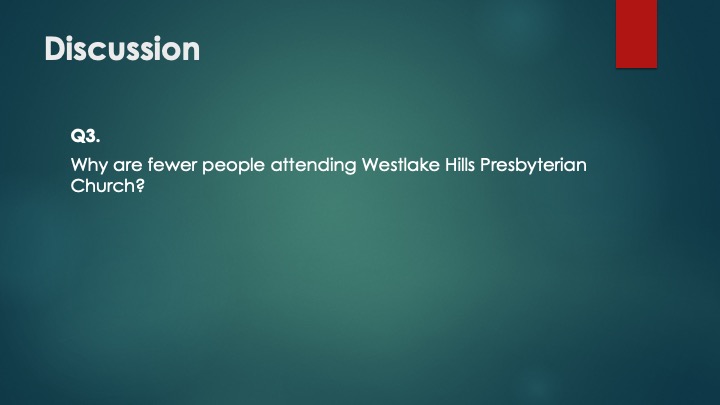
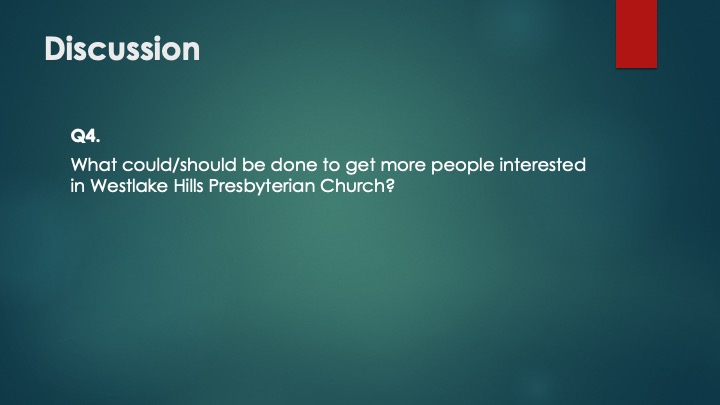
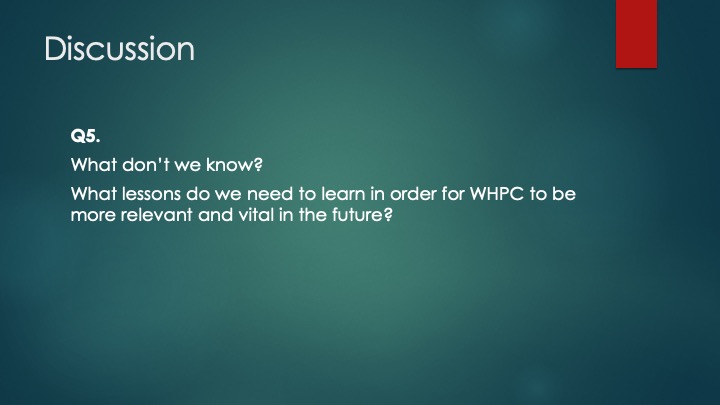
Future Faith
Ten Challenges Reshaping Christianity in the 21st
Century
Wesley Granberg-Michaelson
Former General Secretary of the Reformed Churches in America
Director of Church and Society for the World Council of Churches
Assoc. Editor of Sojourners magazine
Future Faith - Background
Christianity is at a hinge point in its history.
It’s happened before, when major cultural, social, political, and theological forces have reshaped the practice and understandings of Christian faith in ways that have left an indelible historical mark.
One thinks, for instance, of the conversion of Emperor Constantine in 312 CE and its dramatic aftereffects, or the East-West Schism of the global church in 1054. The Protestant Reformation, most often commemorated by the posting of the Ninety-five Theses by Martin Luther in 1517, marked a decisive turn in Christianity, not only theologically but also with cultural, social, and political ramifications.
Today, Christianity is undergoing another major historical shift.
For the first time in more than one thousand years, a majority of the world’s Christians are living in the Global South. This trend is accelerating, constituting the most dramatic geographical shifts in the history of Christianity.
For four hundred years, Western culture shaped by the Enlightenment has been the comfortable home forth dominant expressions of Christianity in the world. Now all that is changing. Christianity has become predominantly a non-Western religion.
Future Faith - Background
The prophet Isaiah said, “Behold,
I am doing a new thing. Now it springs forth, do you not perceive it?” (Isa
43:19)
That is the fundamental question facing US congregations. It is now our opportunity to discern and welcome the new things God is already doing and discover these pathways promising renewal in our life together for the sake of this world, so loved by God.
Future Faith - Einstein
“We
can not solve our problems
using the same level of thinking we used
when we created them.”
- Albert Einstein
Future Faith - Questions for Thought
Q1.
What one word would you use to describe Westlake Hills Presbyterian Church to someone who has never been to a church before?
Q2.
Why are fewer people attending mainline Protestant and Roman Catholic churches in general?
Q3.
Why are fewer people attending Westlake Hills Presbyterian Church?
Q4.
What could/should be done to get more people interested in Westlake Hills Presbyterian Church?
Q5.
What don’t we know?
What lessons do we need to learn in order for WHPC to be more relevant and vital in the future?